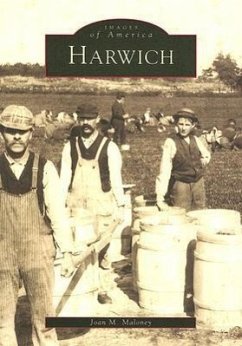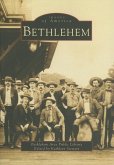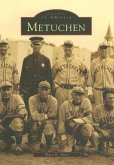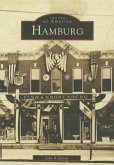Harwich, Massachusetts refused to fail. Its evolution from a small lower Cape Cod fishing village to vacation mecca is a rich and fascinating story. Fully two thirds of Harwich's residents owed their livelihood to the sea as mariners or fishermen until the mid-nineteenth century, when the steam locomotive spelled disaster to the coastal shipping industry and the Civil War nearly bankrupted the town. As the population declined, discovery that the sandy, acidic soil was conducive to cranberry cultivation provided much needed financial relief. However, it was the automobile that transformed the local economy and then the village society. Harwich provides a unique focus on how this one small coastal New England town coped with problems of national magnitude, such as industrialization and immigration. Men such as Caleb Chase, who used part of the fortune he made in Chase and Sanborn's coffee trade to finance road construction that attracted vacationers, were not always heroes to neighbors now working in the splendid hotels that accommodated these visitors.








